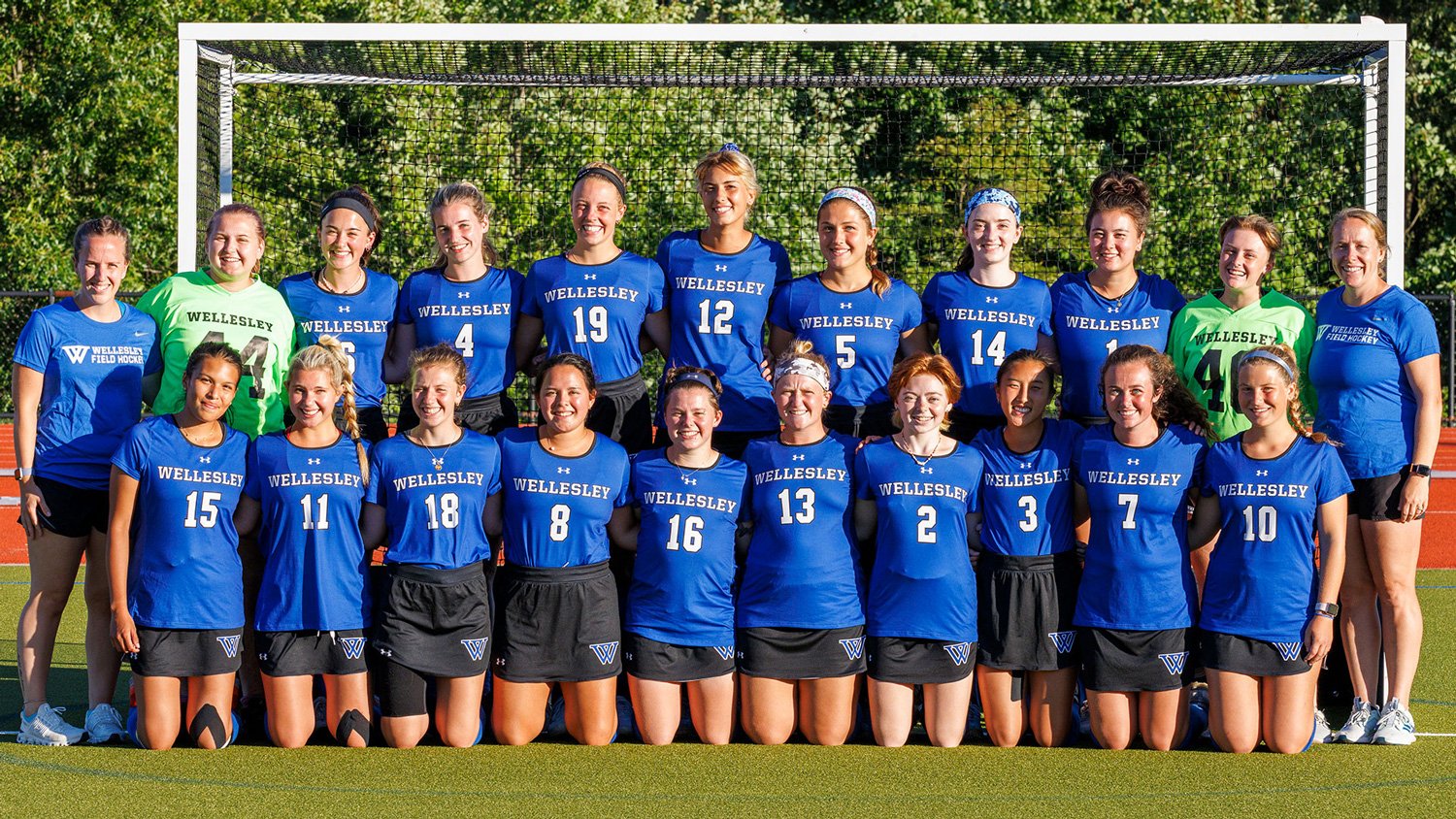Managing Food Allergies as a Collegiate Athlete
As a sophomore at Wellesley College, I’m not only a student athlete, but have the daily job of navigating life-threatening food allergies. Playing on average 14 field hockey games a season—each week typically involving one home and one away game—is a lot of work, but even more so while managing food allergies to poultry, shellfish, tree nuts, legumes, and more. But it can be done! I’m here to share my tips and tricks for successfully navigating food allergies as a collegiate athlete.
Being a college athlete with life-threatening food allergies presents several challenges, including:
Dietary restrictions: Navigating a limited diet while meeting the demands of a high-intensity athletic schedule can be difficult. It requires careful planning and attention to detail to ensure that safe, allergen-free food is always available.
Managing risk: The risk of exposure to my allergens is always present, and a misstep in food preparation or cross-contact can have serious consequences. A careful reading of labels is always necessary.
Balancing safety and performance: Maintaining a balanced diet while avoiding allergens can be challenging, which may impact athletic performance.
Awareness and education: Ensuring all my coaches, trainers, and teammates are informed and educated about my allergies and how to respond in case of an emergency is vital.
Limited options: In some cases, the possibilities for safe and convenient food may be limited, particularly when traveling for games or events.
Despite these challenges, I have successfully competed in two seasons at Wellesley College by staying vigilant, clearly communicating my food allergies with those around me, and taking numerous precautionary steps to manage my allergies. I play striker, which means I run about five to six miles per game. This means I need to stay adequately hydrated and fueled. I usually pack two snacks and always have two water bottles on hand.
Here are the ABCs of how I manage food allergies as an active individual—these can be applied to anyone in a similar situation!
Alert the team
Talking to your team about your allergies and teaching them what to do in case of a reaction is key! You can even lead a tutorial with the help of your trainers and/or health staff at your college about how to deliver epinephrine if needed. I also ask that my team not drink from my water bottle. In the event someone does, I always make sure to have an extra on hand. My team’s commitment to providing me with safe food choices is one of the reasons I chose to play field hockey at Wellesley College!
Be prepared
I like to pack a protein bar in case there is nothing in the dining hall I can eat. Additionally, having a fridge in my dorm room to store snacks or re-heatable meals has been helpful. When it comes to epinephrine, I like to have one set in my practice bag and one set in my school backpack. This reduces having to worry about where my epinephrine is located when commuting to practice. Remember, it’s important to take two!
Coordinate with coaches
When going to away games and/or long weekend trips, I communicate with coaches about which restaurants or packed snacks may not work for my diet. While it might seem intimidating to change food plans for the whole team, prioritizing your health and happiness through the choice of food is empowering!
Penny Juarez is a sophomore at Wellesley College studying biological sciences (pre-med!). She is allergic to poultry, shellfish, tree nuts, peanuts, cantaloupe, and pea protein. Penny is a member of the varsity field hockey team and is a student intern for Massachusetts General Hospital in the Children’s Food Allergy Center.
For more tips about how to manage food allergies during college, check out our previous college student contributor blog posts:
Navigating Food Allergies As a College Student
How to Find the Right College Food Fit
College-Bound: Talking With New Friends About Food Allergies

